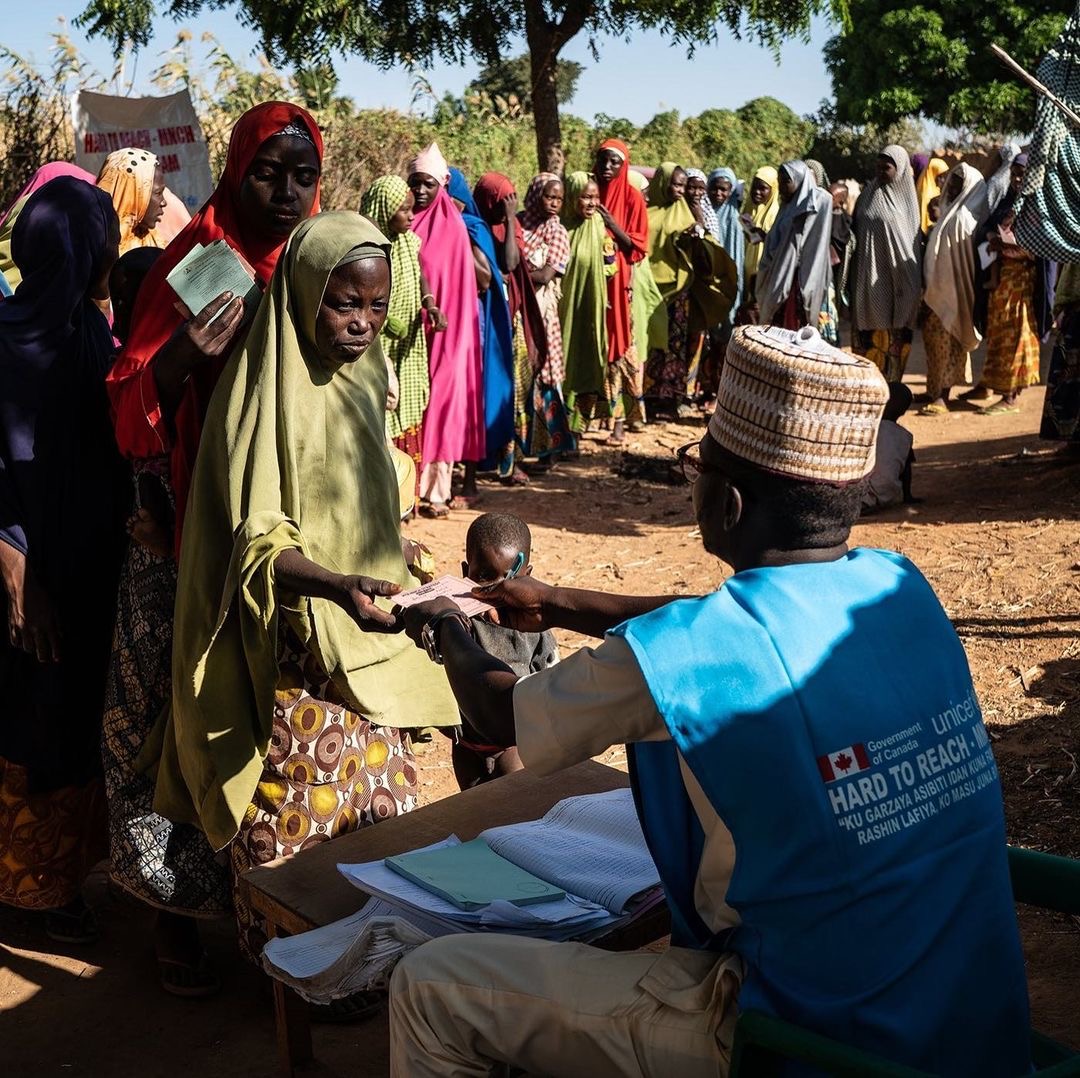
World Polio Day highlights success of polio eradication program in the face of the COVID-19 pandemic
Critical window of time to rid the world of this crippling disease as early as 2026, well ahead of the UN’s Global Goals target of 2030.
As we approach World Polio Day this Sunday, 24 October and Australia’s 21 year anniversary of being declared polio free on Friday 29 October, the international community celebrates the incredible and unlikely success of the Global Polio Eradication Initiative (GPEI or polio program) in the face of the global COVID-19 pandemic. The world needs to draw from the lessons learnt from the long road to end polio in the fight against COVID-19.
In the last 30 years, global polio cases have been reduced by 99.9%, saving millions of lives, dollars and public health resources in the process. Wild polio has been wiped out across the entire planet, with the exception of only two countries: Pakistan and Afghanistan.
However, the path towards global polio eradication has received significant setbacks in recent times. In 2020, as COVID-19 spread, the Global Polio Eradication Initiative (GPEI) reported that resources were diverted to assist in the COVID-19 response and polio door-to-door campaigns were paused for four months to protect communities from the spread of COVID. The world held grave concerns that the progress we had made to end polio was in danger.
Despite the setbacks, the polio program has proven to be well-equipped to deal with a highly infectious disease like COVID-19. Though immunisation stopped for a time, leaving up to 80 million children unprotected against polio, the impacts to the polio program have been successfully managed thanks to the expertise of this program which Australia has supported for more than 30 years.
In 2021, the GPEI has detected only two cases of wild polio: one in Pakistan, one in Afghanistan so far, compared to 2020, which saw 140 cases reported.
This is a remarkable comeback for the polio program and sets a strong course for continued progress in the coming years. Worldwide polio eradication is now at its final stages, a milestone that would see polio become only the second disease in history – behind smallpox in 1980 – to be globally eradicated but we still need one last push to eradicate this disease once and for all.
We have a critical window of time to achieve the ambitious and hard-fought goal, in the final push to end polio. While this may prove the most challenging, the recently released GPEI Strategy 2022-2026 polio program sets out how it will reach every last child with a polio vaccine and finallyrid the world of this crippling disease as early as 2026, well ahead of the UN’s Global Goals target of 2030. The new polio eradication strategy was developed after a review was initiated in 2020 to identify remaining challenges to polio eradication following the impacts of the COVID-19 pandemic. The Australian Government was closely involved in the development of that strategy and we welcome this leadership from the Minister for Foreign Affairs and the government.
Ensuring the polio program is fully funded is the only way to officially rid the world of this crippling disease as early as 2026. The polio program’s skilful handling of the COVID-19 pandemic and polio has come at a cost. To make this ambition a reality and reach every last child requires a coordinated approach and a firm commitment to equitable and timely access to vaccines, with the support and urgency of governments, businesses and citizens around the world to ensure the GPEI is fully funded.
In light of this, Global Citizen, World Health Organization (WHO), Results Australia, Polio Australia, UNICEF Australia, End Polio Now and Rotary International have joined forces to call for continued investment and prioritisation by governments of the polio program in the lead up to the 2022 replenishment, and will soon make a new request to the Australian Government for additional financial support for the polio program. Support from the wider community of business leaders, health experts, polio survivors, media and the wider Australian community during this time will be critical to securing this commitment.
We are proud that Australian Foreign Minister Marise Payne is an official Global Polio Eradication Initiative Gender Champion, advocating for the women and girls at all levels of the polio program, and hope to see the Australian Government strengthen its support and leadership in 2022.
“As Australia and the world begins to open up further post-COVID, we are at a critical point to renew efforts and double down on eradicating this highly infectious disease once and for all. We have an incredible amount to learn from the polio program’s success in reaching people across the world with life saving vaccines and it is a blueprint for how we can ensure equitable access to the COVID-19 vaccine.
We cannot lose focus and forget the importance of eradicating this disease. We have a window of time and this is why World Polio Day is so important to remind the world of the eradication of polio. The polio program requires a coordinated approach but also a firm commitment to equitable and timely access to vaccines, with the support and urgency of governments, businesses and citizens around the world. Unless completely eradicated, polio can always return to Australia and anywhere else in the world. We need every last child worldwide to be vaccinated in order to get the job done. With enough support, eradication of polio can be achieved by 2026”, said Sarah Meredith, Regional Director for Oceania, Global Citizen.
To join efforts to call on world leaders to support polio eradication efforts, visit www.globalcitizen.org and take action today.

